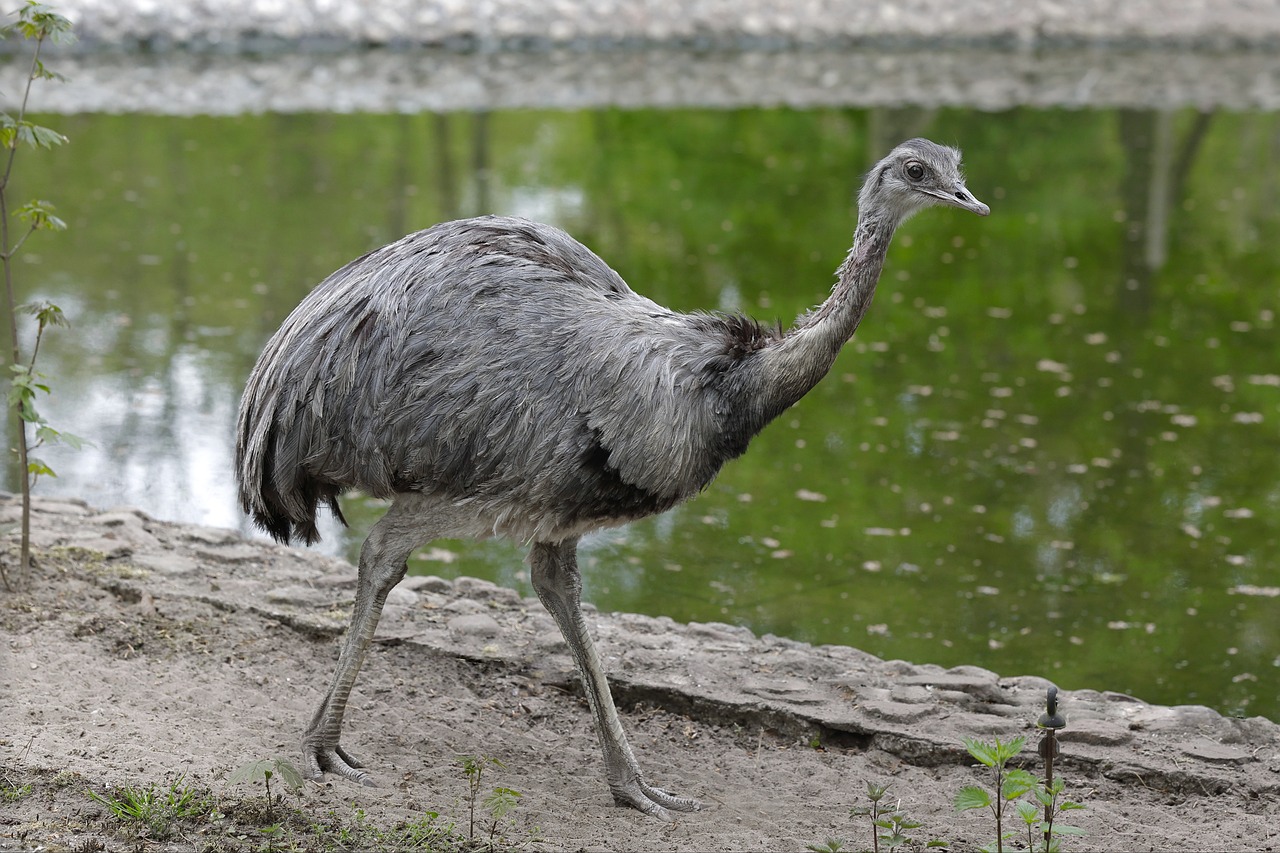Rhea stands as a prominent figure among the Titans, celebrated as the goddess of female fertility, motherhood, and protection, embodying ease and nurturing.
Role and Significance
Rhea earned the title of “Mother of the Gods” for being the matriarch of the initial members of The Twelve Olympians, with her brother-husband, Cronus. Her bond with Cronus symbolizes the continuous passage of time and the cycles of life; as the Great Mother, Rhea’s association includes the realms of childbirth and maternal nourishment, reflected in common phrases depicting the gods as those who reside in ease. Comparatively, Rhea shares strong ties with Gaia, the Earth goddess, and the maternal deity Cybele, often portrayed as nurturing figures adorned with turreted crowns and accompanied by lions.
In ancient worship, Rhea was honored on the island of Crete, believed to be the locale of Zeus’ childhood. Her devotees engaged in energetic chants and dance movements, utilizing instruments like the tympanon to invoke spiritual ecstasy. Her followers emulated the Curetes and Dactyls, creating a cacophony of clashing shields and cymbals. Temples dedicated to her as Meter Theon can be found in locations like Anagyros in Attika and Megalopolis in Arkadia, among others. Rhea’s oldest sanctuary is believed to be in Akriai, Lakedaimon. Her sacred day was Saturday, linking her to Spring Festivals honoring the Great Mother—a precursor to the celebration known as Mothering Sunday.
Genealogy and Family
Rhea was the offspring of Gaia and Uranus, becoming the eighth Titan among them. Her siblings included notable Titans such as Oceanus, Tethys, Hyperion, and Cronus. She married Cronus, leading to the birth of six offspring: Hestia, Demeter, Hera, Hades, Poseidon, and Zeus. As a stepmother, she also played a role in the life of Chiron, the leader of the Centaurs. Furthermore, Rhea is an ancestor to numerous Olympian deities, such as Athena, Apollo, and Artemis.
Story
Rhea and Cronus ascended to dominance in the cosmos after defeating Ophioneus and Eurynome in a fierce wrestling competition, casting them into the ocean’s depths. Another myth narrates how Cronus, the bravest of Gaia’s progeny, revolted to avenge her against Uranus, who had imprisoned their monstrous children. Using a sickle, Cronus overthrew Uranus, leading to the emergence of other beings. Following this, Uranus foretold a prophecy of doom: one of Cronus’ offspring would rise to overthrow him, mirroring how he had deposed his own father.
In spite of his mother’s urging, Cronus refused to liberate the imprisoned Cyclopes and Hecatoncheires. Consequently, he swallowed each of his children out of terror—until Rhea, pregnant with Zeus, concealed him in a cave on Mount Ida after his birth, entrusting him to nymphs for upbringing. To deceive Cronus, Rhea offered him a stone swaddled as a baby, which he devoured without hesitation. Eventually, a grown Zeus returned to confront Cronus, administering a potion that made him regurgitate his siblings.
The reunited siblings—Hades, Poseidon, and Zeus—sought the assistance of freed Cyclopes and Hecatoncheires, fashioning their legendary weapons. After the Titanomachy, a prolonged battle against Cronus and other Titans, they emerged triumphant and imprisoned the defeated in Tartarus. With the Olympians established, Rhea transitioned from her role as queen to a supportive figure within Olympus.
Rhea’s myths include attending the birth of Apollo and aiding in the upbringing of Dionysus. During the Trojan War, she and Aphrodite rescued Creusa from potential bondage. Rhea’s influence extended through other tales, transforming people in response to their wrongdoings, from turning Sangas into a river to punishing Hippomenes and Atalanta for their impertinence.
Appearance
Rhea is often visualized as a maternal figure crowned with either a Mural crown or Polos, seated on a throne with lions beside her or riding in a chariot drawn by the fierce beasts.
Personality
As a goddess, Rhea balances regal authority with maternal warmth, fiercely protective of her offspring and others she holds dear. While she exhibits kindness, her stern nature can invoke severe consequences against disrespectful individuals, including mortals who provoke her ire.
Relationships
Parental
Rhea’s lineage stems from Gaia and Uranus; details of their bond to her remain sparse.
Siblings
She shares familial ties with other Titans—the Twelve.
Romantic
Her partnership with Cronus was initially harmonious, but it soured upon his swallowing their children. Her cleverness saved her youngest child, leading to a pivotal family reunion when Zeus freed his siblings.
Children
Rhea nurtured her offspring thoughtfully, with each child embodying distinct traits and myths reflective of their mother’s love and care. Demeter, Hera, and Zeus each showcase the diverse connections Rhea maintained.
Friends and Titles
Her titles include Meter (Mother), Meter Theon (Mother of the Gods), and Meter Megale (Great Mother), signifying her role as a matriarchal archetype.
Symbols
Rhea is represented by various symbols including the turret crown, cymbals, and other ceremonial items signifying fertility. Lions serve as her sacred animals, and the Silver Fir is associated with her worship.
Powers and Abilities
As a goddess, Rhea possesses eternal youth, robust health, and resilience against weariness. Her wrestling prowess is aligned with mythological accounts of her defeating Eurynome.
Conclusion
Rhea remains a powerful and multifaceted deity in the Greek pantheon, embodying the essence of motherhood, fertility, and the protective spirit of the divine.



